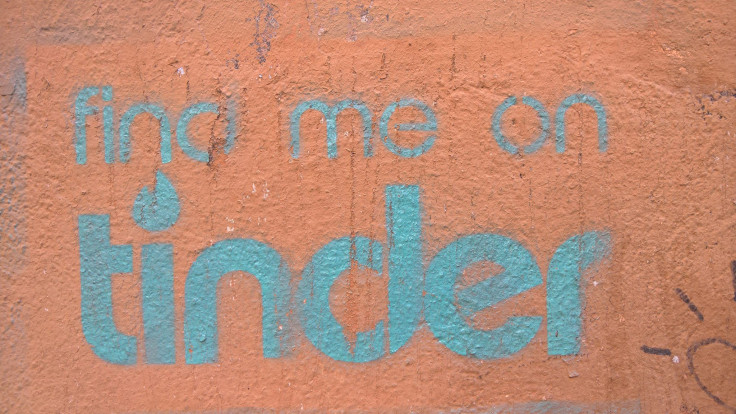Tinder Age Discrimination Lawsuit: Court Sides With Men's Rights Activist

A United States appeals court in California has ruled against Tinder in a case that charges the popular dating service has been discriminating against older users by charging a higher price for premium features.
Los Angeles court judge William Highberger ruled that Tinder’s decision to charge users over 30 years old twice the price for a Tinder Plus subscription than what they charge users under 30 was discriminatory based on age and violated several California laws.
According to Highberger, who reversed a lower court ruling that found Tinder’s price disparity based on age to be acceptable, Tinder was in violation of the Unruh Civil Rights Act—a piece of legislation that outlawed discrimination based on a number of factors including age—and the Unfair Competition Law—a law designed to protect businesses and consumers against discriminatory practices.
At issue is Tinder Plus, Tinder’s optional premium feature that provides users with benefits in exchange for paying a monthly fee.
Tinder Plus provides users with unlimited likes—rather than the 100 per 24 hours that the free version provides—as well as additional “Super Likes” that put the user at the front of the queue for another user, “boosts” that make the user appear in more people’s feed for a 30 minute period, the ability to undo a like or dislike and the ability to change locations.
Since it launched in 2015, Tinder has charged different prices for users based on a number of factors. The dating service experimented with charging different prices based on location for a time before settling on charging based on age. Users under 30 are charged $9.99 per month while users over 30 get hit with a $19.99 monthly fee.
Tinder has defended the pricing model in the past, arguing that it is intended to provide a discount to younger users rather than punish older users. The appeals court didn’t buy the logic, and ruled against the company. The court’s conclusion, complete with snappy closing line, is below:
No matter what Tinder’s market research may have shown about the younger users’ relative income and willingness to pay for the service, as a group, as compared to the older cohort, some individuals will not fit the mold. Some older consumers will be ‘more budget constrained’ and less willing to pay than some in the younger group. We conclude the discriminatory pricing model, as alleged, violates the Unruh Act and the UCL to the extent it employs an arbitrary, class-based, generalization about older users’ incomes as a basis for charging them more than younger users. Because nothing in the complaint suggests there is a strong public policy that justifies the alleged discriminatory pricing, the trial court erred in sustaining the demurrer. Accordingly, we swipe left, and reverse.
International Business Times reached out to Tinder for comment regarding the ruling and how it will affect the pricing of Tinder Plus going forward but did not receive a response at the time of publication.
While the decision will likely be viewed as a victory for older Tinder users, the case has drawn some controversy because of the plaintiff who brought the suit against the dating service.
The discrimination charge was raised by Allan Candelore, a semi-notorious men’s rights activist who has made a name for himself by bringing discrimination cases against women’s organizations. He was part of group of three plaintiffs who in 2016 sued woman-centric entrepreneur platform Chic CEO for holding women-only networking events.
Candelore’s history and involvement in the case may negatively color the result, even for those who find Tinder’s behavior to be discriminatory.
© Copyright IBTimes 2024. All rights reserved.





















